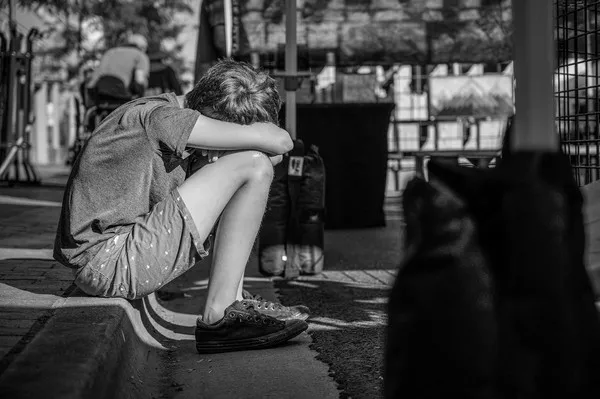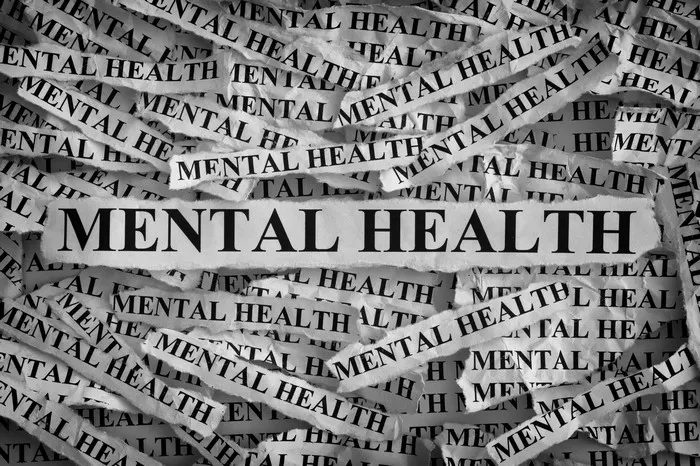Singapore is ramping up its commitment to support mental health as a national priority, as announced by Deputy Prime Minister and Minister for Finance Lawrence Wong and Minister of State for Manpower Gan Siow Huang.
Recognizing the potential stressors in the workplace that can impact mental wellbeing, MOS Gan emphasized the importance of creating supportive work environments during her address to Parliament on February 7, 2024. She highlighted the existing Wellbeing Champions Network, facilitated by the Workplace Safety and Health (WSH) Council, as a platform for sharing best practices and accessing resources to implement mental wellbeing initiatives in companies.
Furthermore, MOS Gan encouraged companies to adopt frameworks to support employees’ mental wellbeing, referring them to the Playbook on Workplace Mental Wellbeing for guidance. She stressed the crucial role of Human Resource (HR) professionals in championing mental wellbeing initiatives and urged more HR professionals to join the Well-being Champions Network.
In alignment with these efforts, the Institute of Human Resource Professionals (IHRP) has identified the implementation of mental wellbeing initiatives as an essential competency for HR professionals in its Body of Competencies (BoC). MOS Gan affirmed the Ministry of Manpower’s commitment to collaborating with the IHRP to equip and support HR professionals in addressing mental health in the workplace.
To facilitate companies in assessing their employees’ mental wellbeing, the Ministry of Manpower (MOM) offers the iWorkHealth assessment tool. MOS Gan announced the launch of iWorkHealth Lite, a quick survey designed to gauge employees’ work stress and burnout in just five minutes.
Additionally, MOS Gan addressed the importance of respecting employees’ time outside of working hours and promoting work-life harmony. She referenced the HR guide to after-hours communication policy provided in the Tripartite Advisory and emphasized ongoing collaboration with Tripartite Partners to advocate for work-life balance measures.
Employers interested in subscribing to employee assistance programmes (EAP) can refer to the updated list of EAP service providers in the Tripartite Advisory, which includes details on subsidized rates and service offerings.
Recognizing the need for accessible mental health support, Singapore will introduce a National Mental Health Hotline and Text Service starting in 2025. MOS Gan also addressed the feasibility of a four-day work week, emphasizing the importance of considering individual and sector-specific needs when implementing flexible work arrangements.
In terms of employment support for individuals with mental health conditions, Singapore aims to provide greater assistance through partnerships with training providers and employment support agencies. However, MOS Gan acknowledged the challenge of calibrating wage subsidies due to the fluctuating nature of mental health conditions.
Addressing stigma and discrimination associated with mental health, efforts are underway to develop resources and guidance for employers. The upcoming Workplace Fairness Legislation aims to ensure fair treatment for employees with mental health conditions.
Deputy Prime Minister Wong emphasized the broad spectrum of mental health issues and outlined plans to enhance mental health services and support networks. Measures include increasing capacity at mental health facilities, expanding the number of public sector psychiatrists and psychologists, and providing training for frontline personnel and volunteers.
Efforts to support mental health in educational settings, families, and communities will be intensified, with a focus on reducing waiting times and enhancing accessibility of services.
In conclusion, Singapore is committed to making mental health services more accessible, affordable, and comprehensive, ensuring that individuals receive the support they need across various facets of their lives.

































